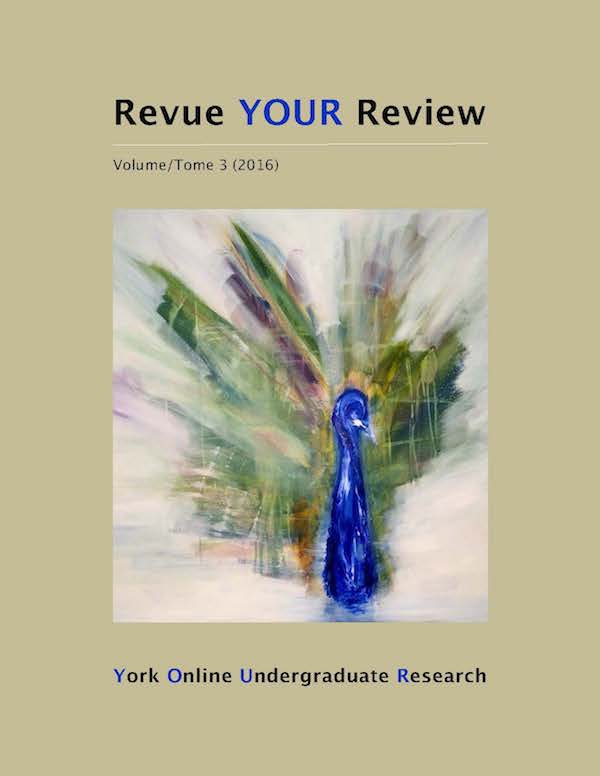The Certainty Paradox in Christopher Marlowe’s <i>Doctor Faustus</i>
Abstract
After the publication of Copernicus’ revered work On the Revolutions of the Celestial Spheres (1543), mankind experienced the first of three blows to its pride due to a scientific discovery (the other two came from works by Darwin and Freud). Copernicus (and, later, Galileo) proved that the Earth was not the centre of the universe, thus suggesting that the creation of mankind was perhaps not as important to God as previously thought. Through the character of Doctor John Faustus, playwright Christopher Marlowe captures this collective sense of despair in his 1604 play The Tragical History of the Life and Death of Doctor Faustus. Faustus’s narcissistic thirst for knowledge about the certainty of the universe leads, ironically, to a certainty of despair. Faustus—like the devil before him who “fell” due to pride—metaphorically falls himself. Indeed, Marlowe’s play is a warning to mankind about pride and how a desire for certainty (a desire for answers and validation) only leads to the certainty of despair. This project analyzes a speech in Marlowe’s play Doctor Faustus whose syntax alludes to Faustus’s uncertainty, echoes the theme of the play, and suggests that the narcissism of the intellectual is dangerous.Downloads
How to Cite
Issue
Section
License
Authors contributing to Revue YOUR Review agree to release their articles under one of three Creative Commons licenses: Creative Commons Attribution 4.0 International; Creative Commons Attribution-NonCommercial 4.0 International; or Creative Commons Attribution-NoDerivatives 4.0 International. All editorial content, posters, and abstracts on this site are licensed under Creative Commons Attribution-NoDerivatives 4.0 International. For further information about each license, see:
https://creativecommons.org/licenses/
In all cases, authors retain copyright of their work and grant the e-journal right of first publication. Authors are able to enter into other contractual arrangements for the non-exclusive distribution of the e-journal's published version of the article (e.g., post it to an institutional repository or publish it in a book or in another journal), with an acknowledgement of its initial publication in this e-journal.


